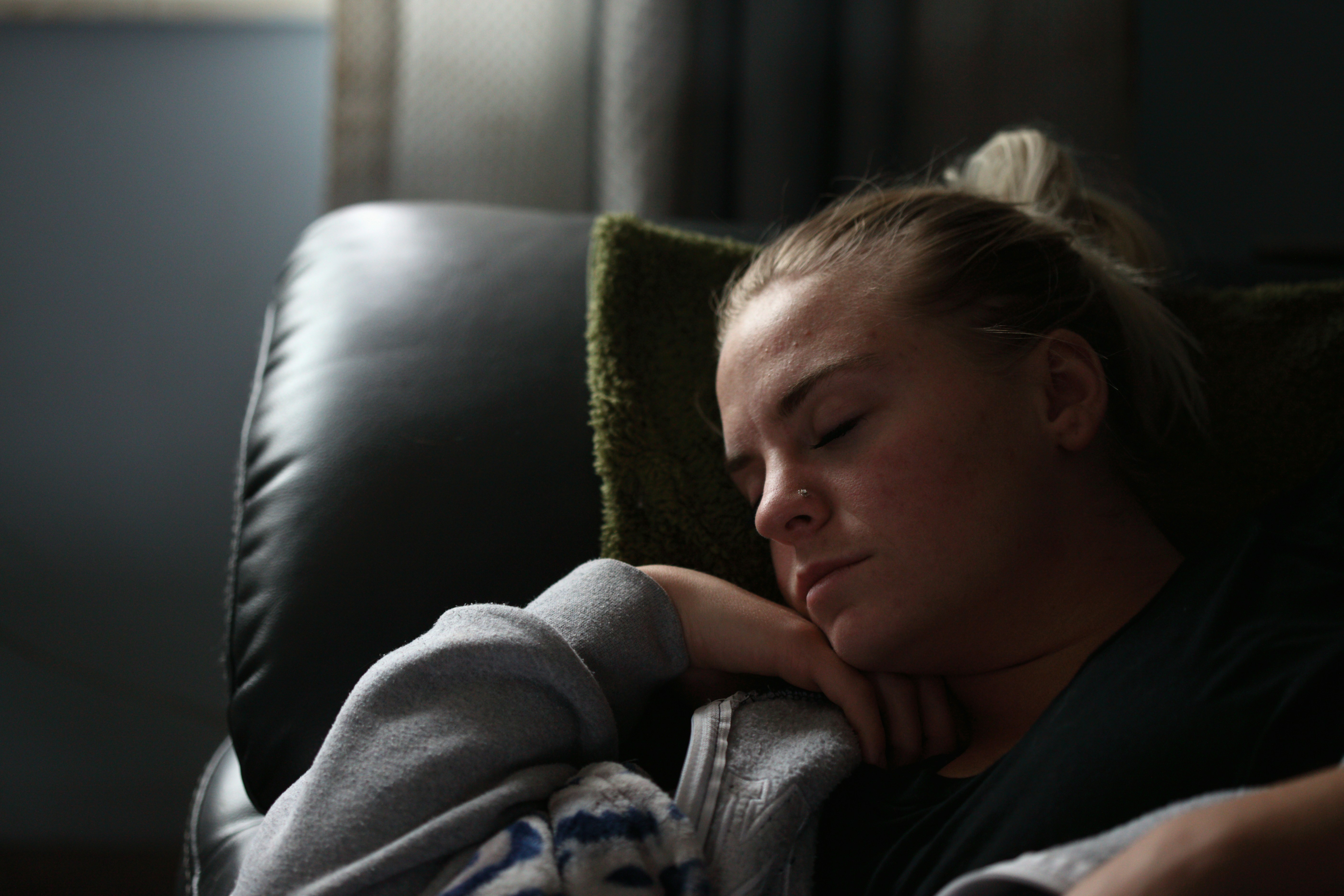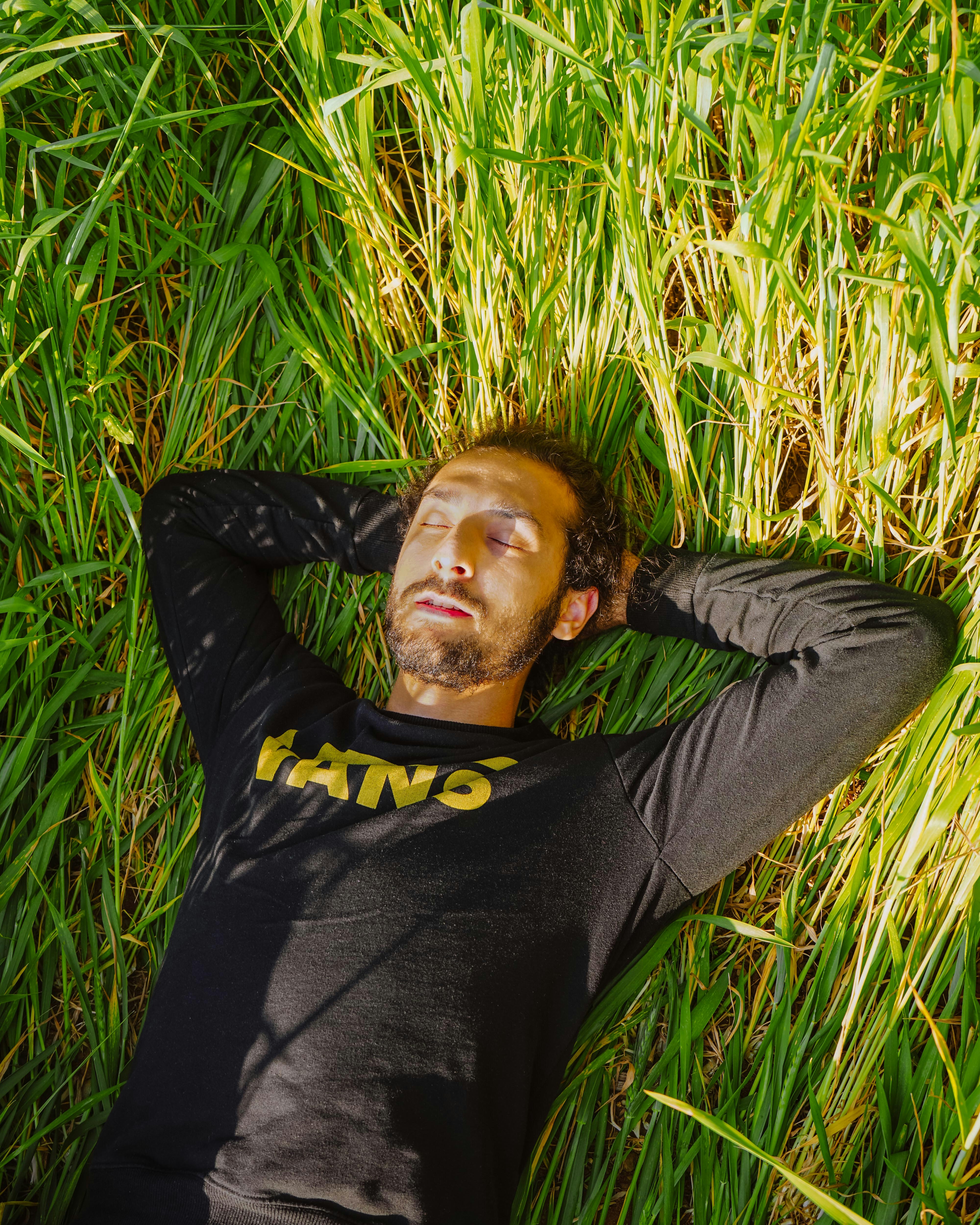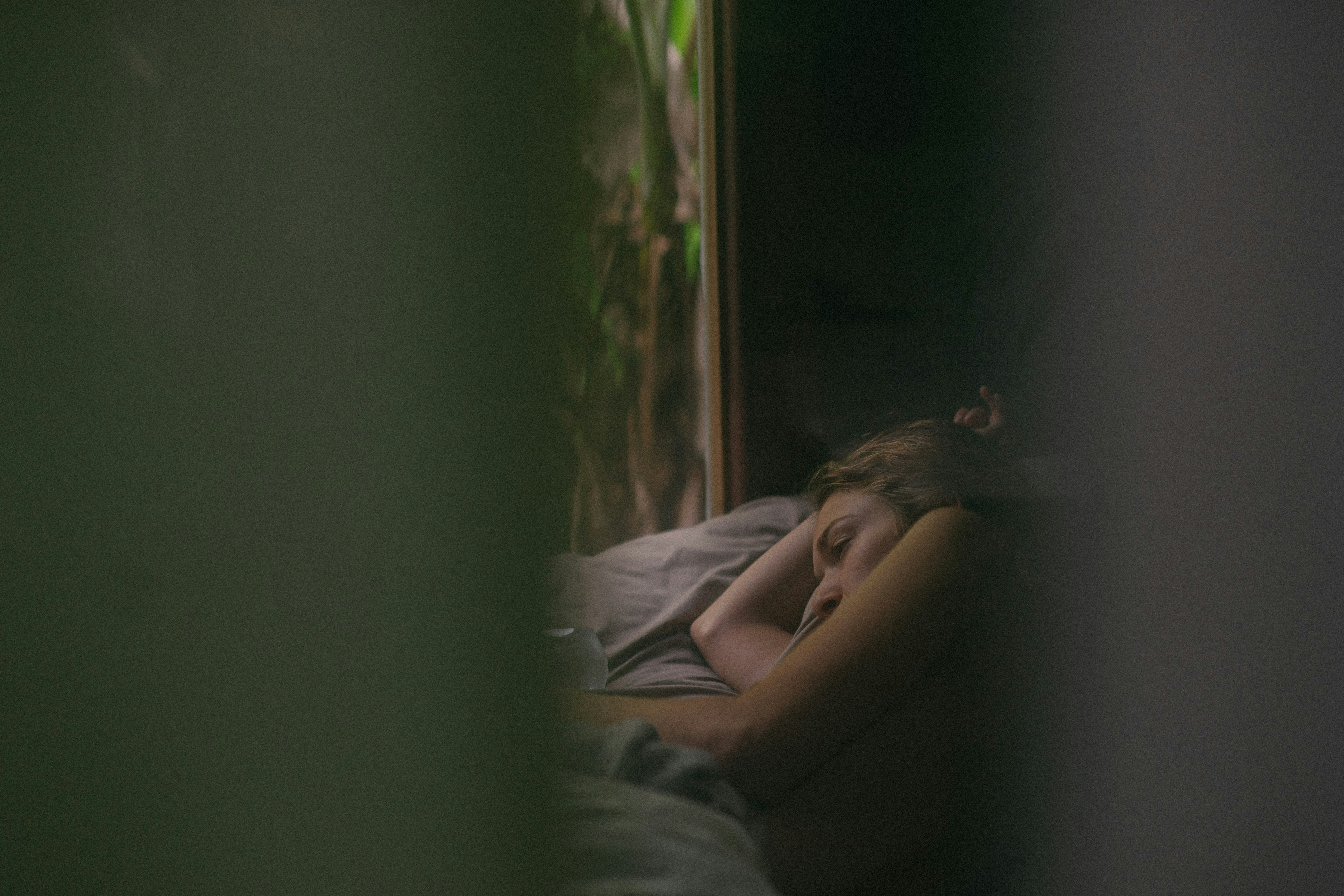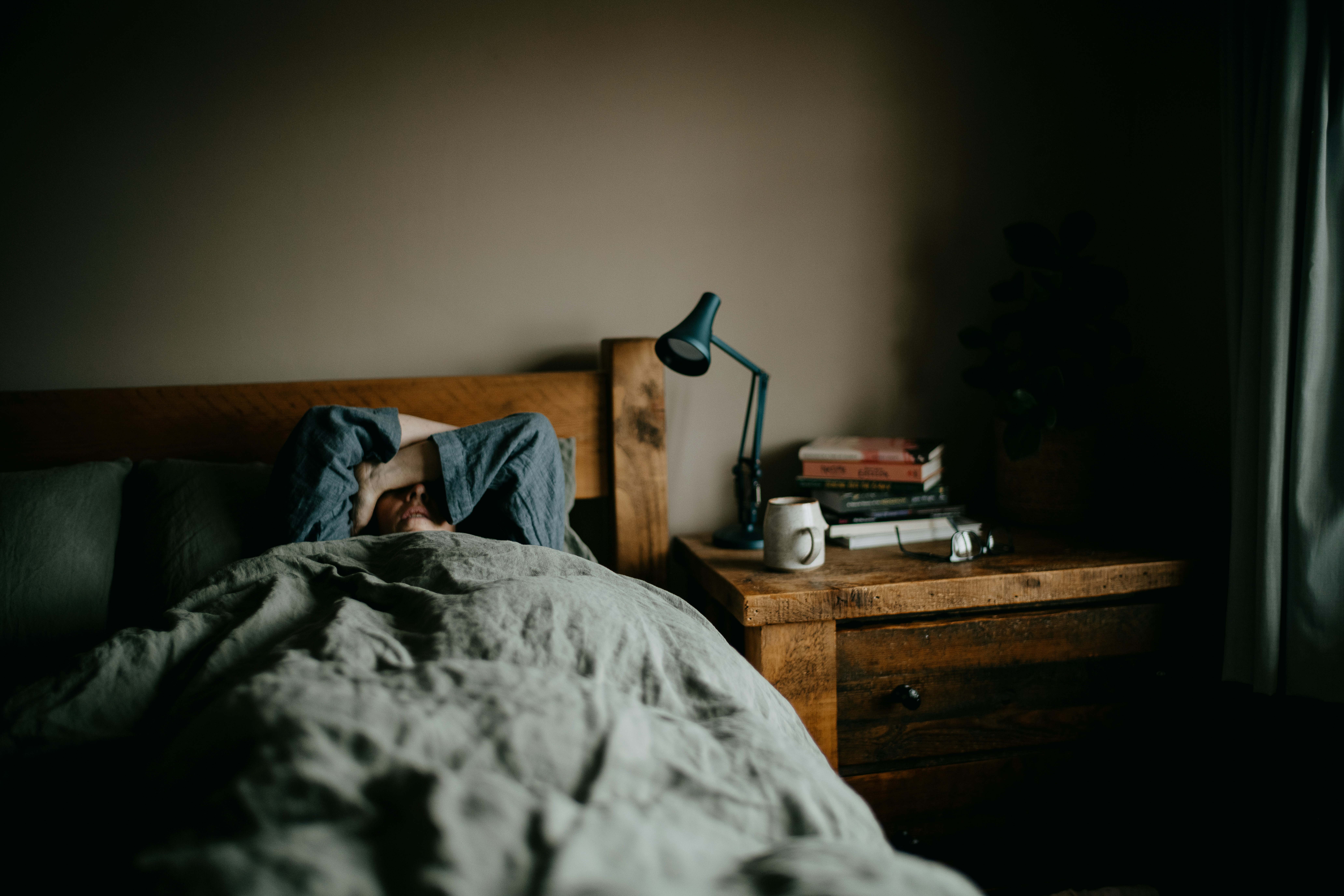Sleep Like a Caveman: What Evolution Can Teach Us About Rest 🦴🛏️
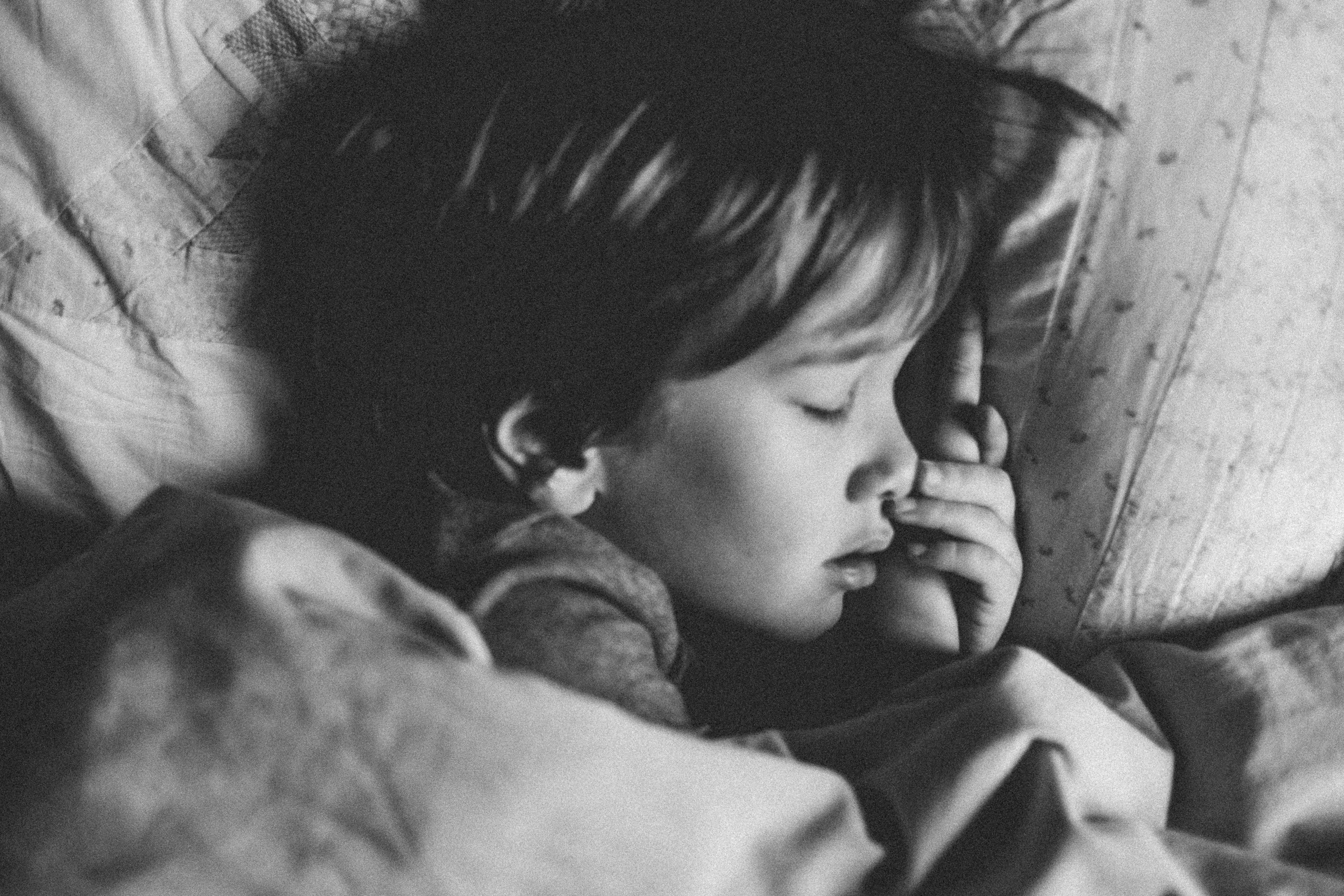
Introduction
Let’s take a trip back—waaaay back—to a time before memory foam, blackout curtains, or Netflix autoplay. A time when your alarm clock was a hungry saber-toothed tiger and your bed was... a pile of leaves.
We’re talking about our prehistoric ancestors —the OG nappers.
It turns out, understanding how early humans slept might actually help us sleep better today. Yes, despite our high-tech mattresses and melatonin gummies, modern sleep is kind of a mess. And maybe, just maybe, we’ve strayed a little too far from our cave-based roots.
Let’s grab a (stone) pillow and explore what cavemen can teach us about catching quality Z’s.
1. First Things First: Did Cavemen Even Sleep?
Yes. Absolutely. They weren’t just out hunting mammoths and painting on cave walls 24/7.
But the way they slept? Not quite what you’d expect:
- No 8-hour solid blocks of sleep
- No bedtime story and warm milk
- Definitely no blue light from doomscrolling Instagram
Their sleep was driven by:
- Nature’s light cycle
- Temperature
- Predator danger
- And yes, sometimes... other snoring cavemen
2. Segmented Sleep: Nature’s Original Netflix Intermission
Anthropologists and historians believe that prehistoric humans practiced biphasic or even polyphasic sleep. Translation: they didn’t sleep in one long chunk like most of us today.
Instead:
- They slept in two or more periods.
- Woke up in the middle of the night for 1–2 hours.
- Used that time to talk, meditate, snack, or invent fire 2.0 .
Some even called it the “ first sleep ” and “ second sleep .” (Shoutout to Roger Ekirch, sleep historian and professional nap enabler.)
Ironically, this broken-up sleep may have actually been healthier — giving the brain time to process and the body time to chill (literally — it was cold in caves).
3. The Role of Darkness and Fire 🔥🌑
Cavemen didn’t have streetlights or TikTok. Their light sources were:
- Sun
- Moon
- Fire
- Bioluminescent bugs (okay, maybe not that last one)
This meant their circadian rhythms were deeply synced to natural light .
Fire also played a big role:
- Offered warmth and safety
- Provided a natural wind-down light (firelight = warm, red spectrum = no blue light chaos )
- Gave them a primitive version of bedtime ASMR (crackling logs edition)
4. Communal Sleeping: More Snoring, Less Stress
Humans are social creatures (even the ones who only text “k”). Our ancestors often slept in groups , for warmth and safety.
Modern tribes like the Hadza in Tanzania still do this — and their sleep patterns reveal something wild:
- People go to bed at different times
- Wake at different times
- But someone is always awake , reducing danger from predators
It's like caveman security guards… but unpaid and possibly covered in bear grease.
Group sleep also may have reduced anxiety and promoted feeling of safety , which is great for deep sleep.
Moral of the story: maybe your roommate’s snoring is just evolutionary nostalgia.
5. What We've Gotten Wrong About Modern Sleep
Fast-forward to the 21st century, and here’s what we’ve added to our sleep lives:
- Artificial light (a.k.a. melatonin’s worst enemy)
- Constant stimulation
- Inconsistent bedtimes
- The belief that we must get 8 hours in one solid chunk or we’re doomed
Ironically, we may be trying too hard to sleep “perfectly” — something cavemen never worried about. (They were too busy not getting eaten.)
6. How to "Sleep Like a Caveman" Without Actually Moving Into a Forest
You don’t need to join a Paleolithic sleep cult. But you can steal some ancient wisdom:
🔦 1. Limit artificial light at night
Use warm lighting or candles in the evening. Or pretend your power went out.
🌙 2. Try segmented sleep if you're up at night
Can’t sleep? That’s okay. Read. Meditate. Write in a journal. Embrace your "first and second sleep" instead of panicking.
🔥 3. Cool your sleep environment
Your caveman ancestors didn’t have heaters. Cooler temperatures trigger better sleep. Think cozy cave , not tropical sauna.
👥 4. Add connection to your bedtime
Whether it's cuddling, pillow talk, or just not doomscrolling alone — social bonding helps the brain relax.
🏕️ 5. Spend more time outdoors during the day
Sunlight exposure helps reset your circadian rhythm and tells your body, “Yo, it’s daytime now.” Your brain loves that.
Conclusion
Your sleep struggles might not mean you're broken — you might just be living like a caveman in a world full of LED lights and Slack notifications.
So take a lesson from your prehistoric ancestors:
- Embrace natural rhythms
- Don’t stress about perfect sleep
- Keep a metaphorical spear handy (you never know)
Because the truth is, cavemen didn’t have all the answers — but they may have slept better than most of us do now.
“Sleep is ancient. So is hitting snooze.” — Modern Caveman, probably

